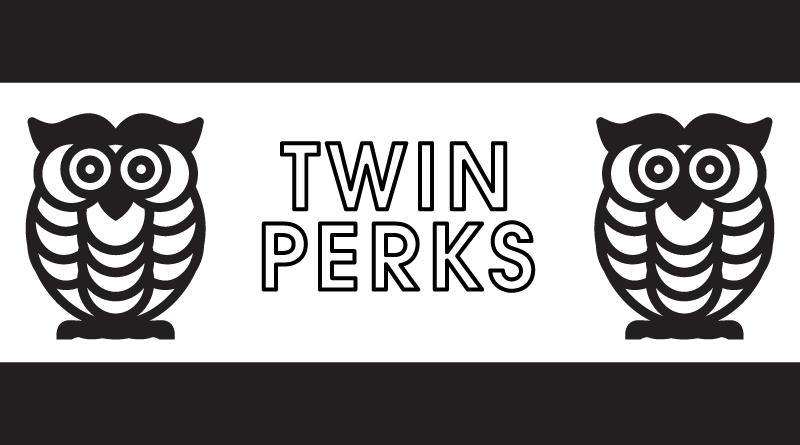In writing this column, I have striven to be as honest as possible while keeping my sense of humour. In most cases, the columns I have struggled to write have also had the most feedback. Other moms reach out to tell me they appreciate reading about the things that often go unsaid, at least in public.
There is a good reason for that, of course, and that is that we fear what others will think of us, and our parenting choices. We fear that if we speak honestly, we’ll be judged for our fears, our struggles, our resentments. It is as if in becoming parents we are expected to transform instantly into gracious, generous, and selfless people, while really we are the same flawed perpetual adolescents we always were, now with more responsibility.
All parents want to be seen as “good” parents, whatever that means exactly. There is a whole industry of authors who set out to tell us how to be good at it, from experts in nutrition to sleep, from discipline to anxiety. Not to mention, empires built on toys, games and tools that also assist with these things. There is an immense amount of pressure from television, books, the internet, and every single blowhard you meet on the street.
Other parents can be very judgy, grandparents can be judgy, even non-parents can judge, with the latter widely thought of as the absolute worst. But none of these are as deeply critical as the judges we imagine. The voices in our heads are by far the most ruthless.
Recently my husband and I were at a shopping mall, where we noticed a mother and daughter. The teen’s eyes were peering into her cellphone, and as they passed us, we overheard the mother ask the daughter what brand of clothing they were looking for. Exasperated, the daughter moaned that she’d already explained what store they were going to twice, without breaking from texting or looking up at her mom.
My husband was concerned. Would our daughters one day be spoiled like that? I chortled that they wouldn’t be, because we certainly wouldn’t allow them to behave that way. Of course this means we’re probably doomed to some difficult teenage years.
“Judge not, lest ye be judged” suggests that we should not judge others, because that same measure of judgement will eventually apply to us. Early in the parenting journey you think you don’t want your kid hooked on devices, you don’t want to bribe for good behavior, and you would never raise your voice. Make the mistake of judging other parents for these things, though, and you’ll certainly end up using an iPad as a babysitter. You will offer candy for potty training. You’ll definitely lose your cool once or twice.
While I’m not religious, I think heeding this biblical advice is certainly a good practice. In giving the judgement of others a break, we reduce the pressure we’ve put on ourselves. Ultimately, our judgement of the spoiled teenager that day was really just an expression of our fears about our abilities as parents.
Though giving up judging other parents won’t really stop other parents from judging us, it might make more room in our lives for humour and honesty. Being able to tell the truth about our struggles and the ability to laugh at them, just might make the tough phases easier.


